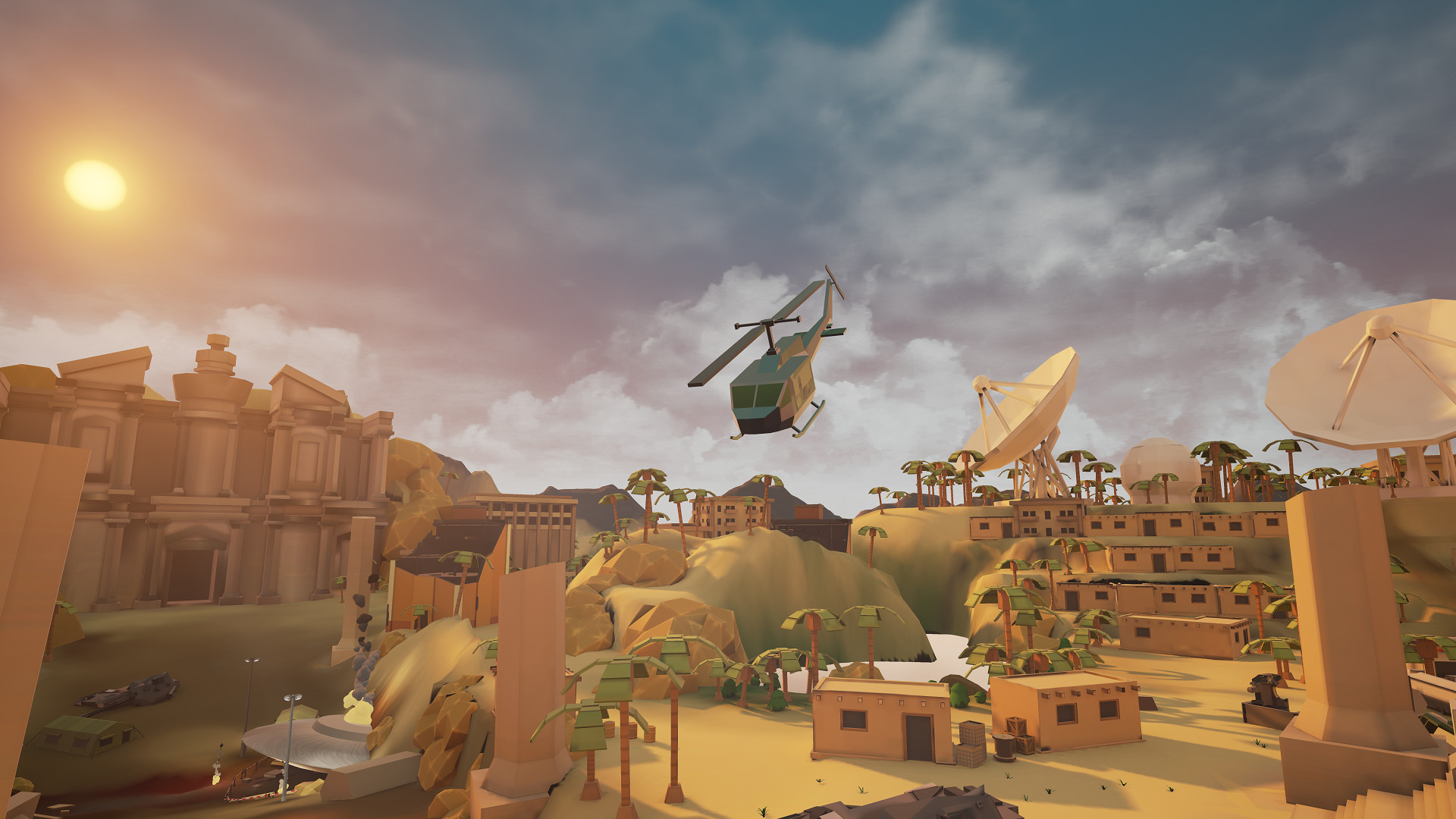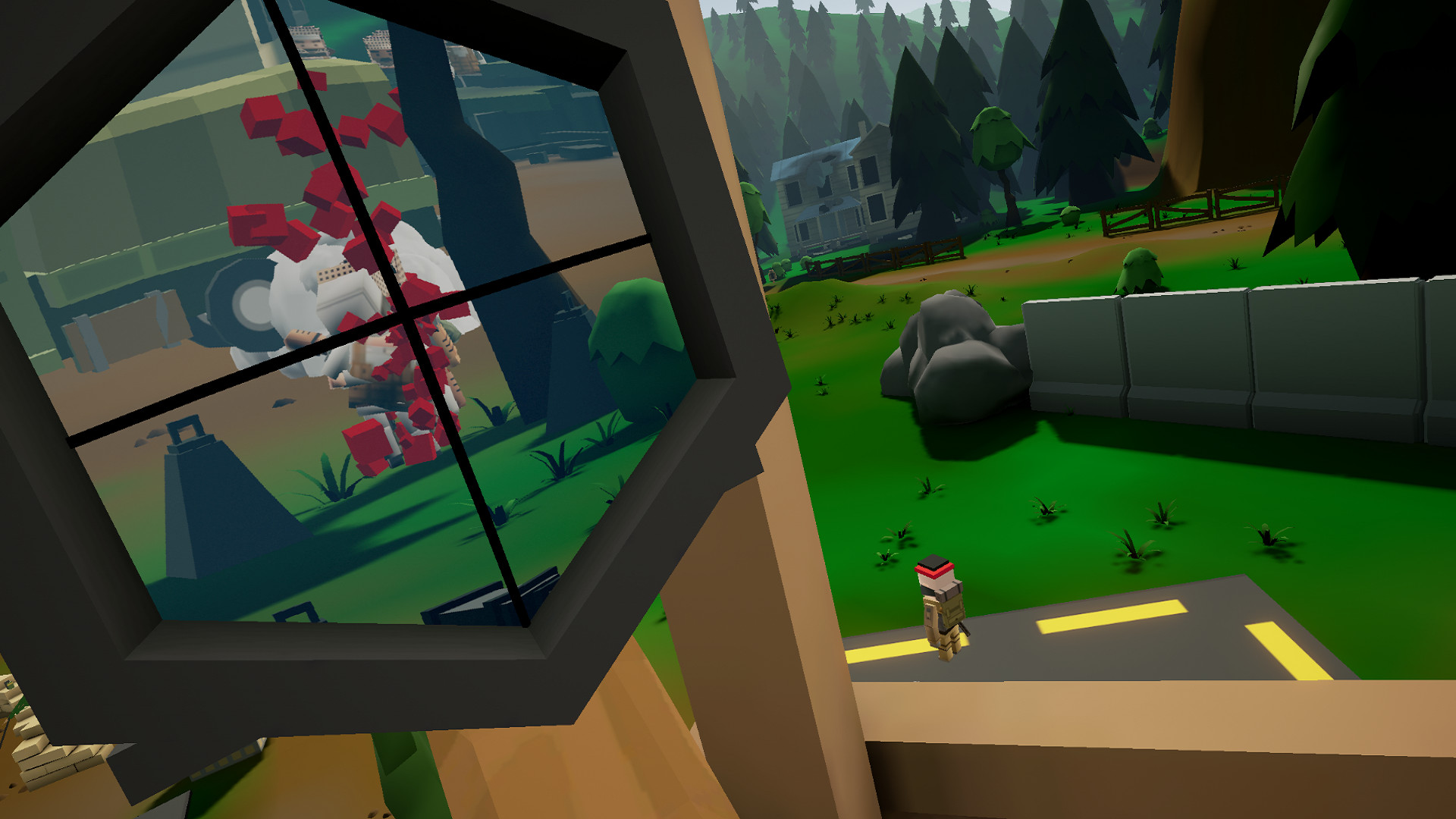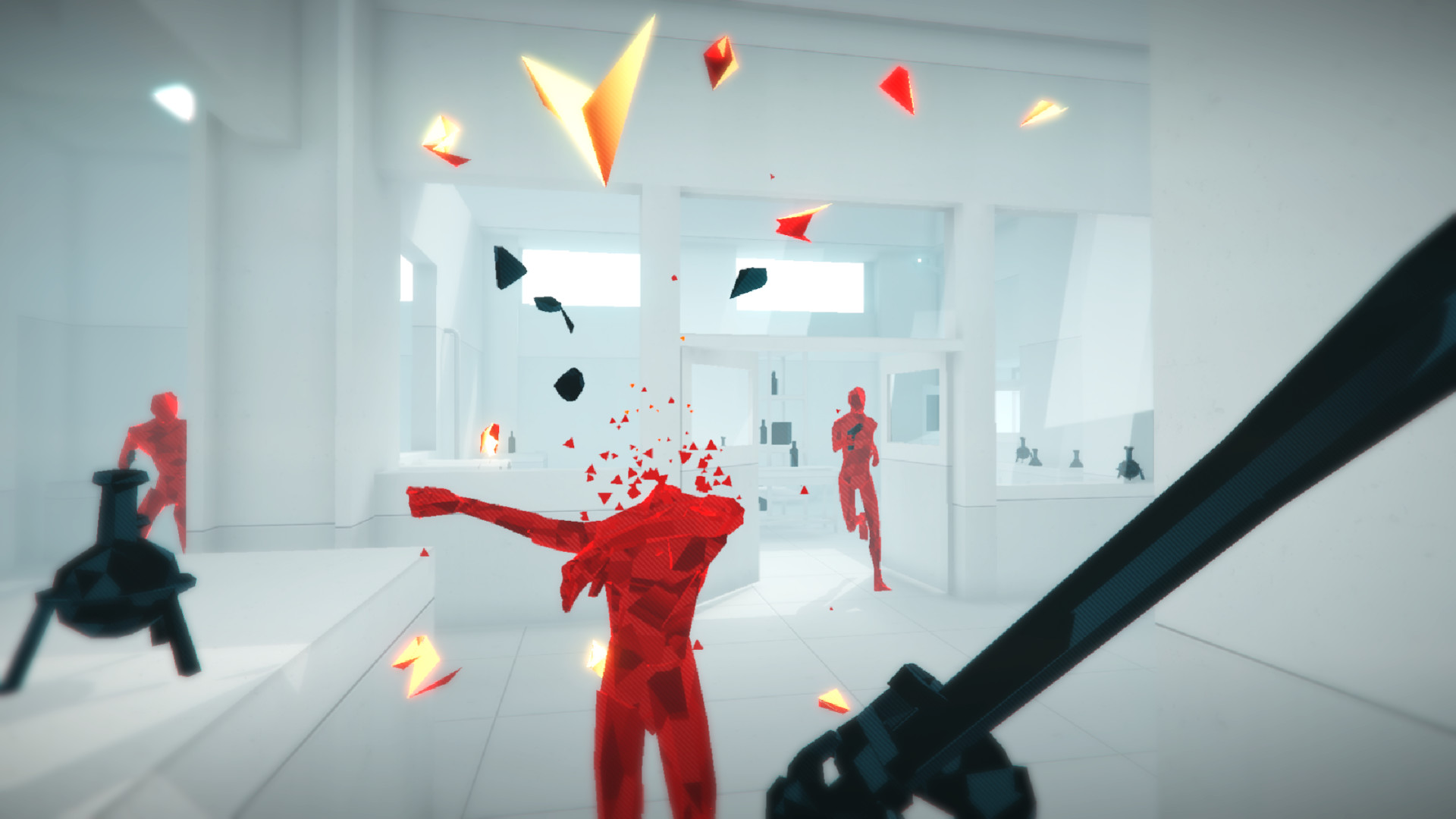DayZ creator on VR: Without subsidisation some studios can't break even, let alone make a profit
"Honestly, I don't think I want to make any more VR games."

Dean Hall, the chief executive of indie studio Rocketwerkz and mastermind of zombie survival game DayZ, has written a scathing overview of virtual reality development—within which he criticises the VR community's "brigading" of the tech's game creators.
Titled 'The hard truth of Virtual Reality development', Hall's post on the Vive subredddit explores the disconnect between player expectation and the financial and technological feasibility of the medium at this stage.
In September, Rocketwerkz released Out of Ammo, a VR game for the HTC Vive. Hall explains that despite being received well—Out of Ammo boasts 'Very Positive' reviews on Steam at the time of writing—it's been "very unprofitable" and is unlikely to ever make money. Here's an excerpt of the post regarding player expectation and profits (or lackthereof) in relation to Out of Ammo:
"I see constant posts, reviews, and comments like "if only they added X, they will make so much money". The problem is that just because it is something you want, it does not mean that lots of people will want it nor that there are lots of people even available as customers.
"As an example, we added cooperative multiplayer to Out of Ammo as a "drop-in" feature (meaning you can hot-drop in SP to start a MP game). While there was an appreciable bump in sales, it was very short-lived and the reality was—adding new features/content did not translate to an ongoing increase in sales. The adding of MP increased the unprofitability of Out of Ammo dramatically when we actually expected the opposite.
"From our standpoint, Out of Ammo has exceeded our sales predictions and achieved our internal objectives. However, it has been very unprofitable. It is extremely unlikely that it will ever be profitable. We are comfortable with this, and approached it as such. We expected to lose money and we had the funding internally to handle this. Consider then that Out of Ammo has sold unusually well compared to many other VR games."
Hall goes on to discuss the backlash certain studios have endured by opting for exclusivity deals and subsidies. Hall say that without these, less studios will make VR games at all. "There is no money in it," he says. "I don't mean 'money to go buy a Ferrari'. I mean 'money to make payroll'. People talk about developers who have taken Oculus/Facebook/Intel money like they've sold out and gone off to buy an island somewhere. The reality is these developers made these deals because it is the only way their games could come out."
Keep up to date with the most important stories and the best deals, as picked by the PC Gamer team.
He continues: "Here is an example. We considered doing some timed exclusivity for Out of Ammo, because it was uneconomical to continue development. We decided not to because the money available would just help cover costs. The amount of money was not going to make anyone wealthy. Frankly, I applaud Oculus for fronting up and giving real money out with really very little expectations in return other than some timed-exclusivity. Without this subsidization there is no way a studio can break even, let alone make a profit."
Hall then turns his attention to what he describes as the unfair "brigading" of developers for making these decisions from the tech's community. Hall stands against the "many assumptions, attacks, bordering on abuse" certain devs have faced—saying such actions make him "very embarrassed to be part of this community."
Hall concludes by suggesting the sum of these complications and challenges has left he and his studio unlikely to pursue virtual reality in the immediate future, if ever again. "Honestly, I don't think I want to make any more VR games. Our staff who work on VR games all want to rotate off after their work is done," he says. "Privately, developers have been talking about this but nobody seems to feel comfortable talking about it publicly—which I think will ultimately be bad."
Hall's post is worth reading in its entirety and can be found in this direction.



